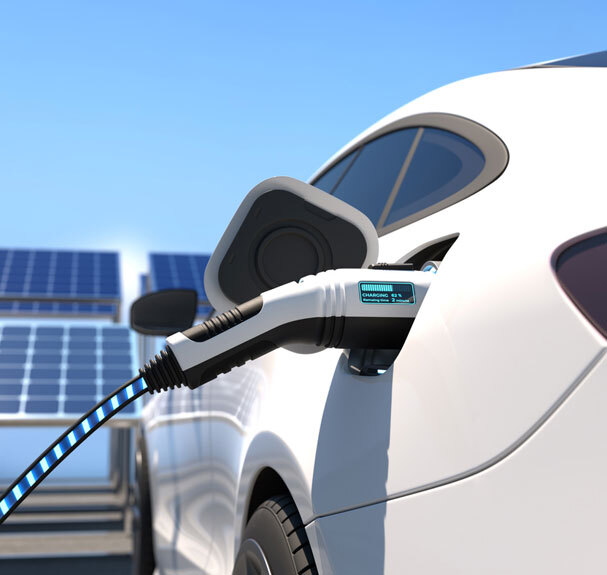
Electric Vehicle Tax Credit Rules Create ‘Chaos for Consumers’
The Inflation Reduction Act, which was originally passed to encourage the shift to electric vehicles (apart from other climate goals), has instead made buying such cars more complicated. The complications have resulted from the restrictions on the car models that qualify for the federal tax credit of up to $7500.
Last August, the law stated that electric vehicles and plug-in hybrids assembled only in North America will qualify for the full tax credit of $7500. However, the laws were further tightened recently, with the Treasury Department rolling out new requirements. As per the new rules, a certain percentage of the car battery components and minerals must be sourced from the US or its trade allies. And this may make it more difficult for consumers to shift to an electric-powered vehicle.
At present, only 11 vehicles from 4 automakers qualify for the full tax credit, while some other models only qualify for partial credit. However, the numbers are expected to rise as car manufacturers start reconfiguring their supply chains.
The availability of tax credits, however, plays a critical role for new buyers. As per one survey by Cars.com, close to 80% of people looking to buy a new electric vehicle agreed that the tax credits played a major role in influencing their decision of which car to buy.
Ethan Derner of Portland, Ore., who shares two Kia electric cars with his fiancee, had considered swapping his vehicle with a new and more efficient model. However, he gave up the idea after realizing that the choices he had were either not very practical or were too expensive. He is currently waiting for automakers to introduce more affordable car models that also qualify for the tax credit.
While Chris Harto, senior policy analyst for Consumer Reports, agrees that the authorities made the law complex for a reason, he also went on to state that it is creating all kinds of chaos for consumers in the meantime. “In the short term, it’s absolutely going to hurt the companies that aren’t eligible and help the companies that are,” he added.
The new rules have given a big blow to Hyundai Motors, the owner of the Genesis and Kia brands of electric vehicles. While several models introduced by the company, like Hyundai Ioniq 5 and Kia EV6, have impressed industry experts and buyers alike with their features and design, these aren’t eligible for the tax credit as they are assembled in South Korea.
However, Hyundai and other affected automakers aren’t sitting idle. Instead, these companies have begun luring consumers through car leases. As the stringent rules are applicable only to cars purchased for personal use, leased cars are eligible for tax credits even if they are assembled outside North America and don’t conform with the battery component requirements. According to Orange County car accident lawyers, these broad interpretations of the laws have enabled automakers to make up for their loss in sales.
Car dealers who receive the tax credit can also pass it to the consumers, lowering their monthly lease payments. As a result, the percentage of people opting to lease an electric vehicle has gone up from 7% last September to 34% in March.
The use of tax credits for leased cars hasn’t been well-received by some lawmakers and car manufacturers, who have alleged that it subverts the intent of the administration. However, Treasury officials have confirmed that availing tax credits for leased vehicles is entirely legal. This is because leased cars fall under the category of commercial vehicles, which have been exempted from the restrictions levied by the Inflation Reduction Act.
Although the current situation puts many automakers at a disadvantage, many are optimistic that the more efficient car models will continue to remain popular irrespective of whether they qualify for the tax credits or not.


